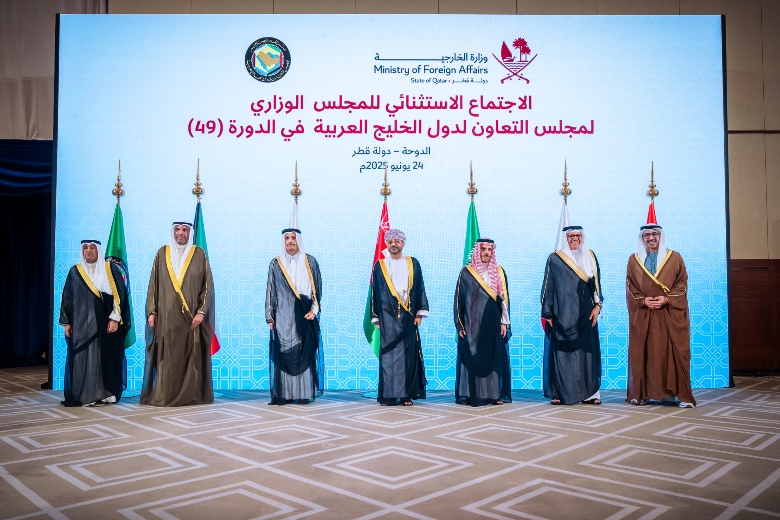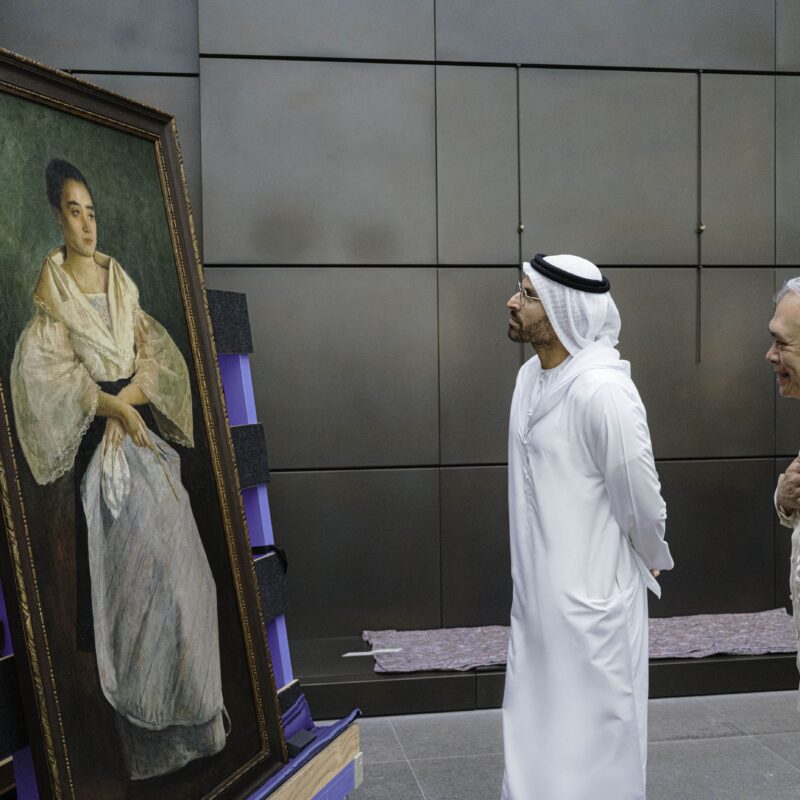Recent Issues
The Weekly Circuit
September 12, 2022
👋 Good Monday morning in the Middle East!From the United Arab Emirates and Bahrain to Israel and the U.S., the partners to the original Abraham Accords will be celebrating the two-year anniversary this week of the groundbreaking normalization agreements....








